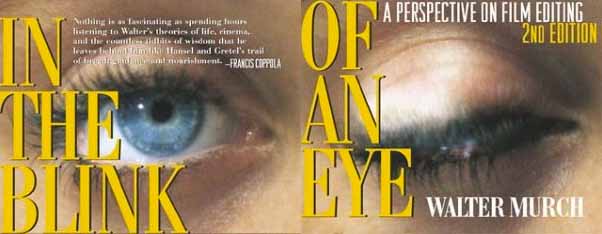Recently, YouTuber Patrick (H) Willems published a video essay about plot holes, a term that commonly refers to narrative inconsistencies that allegedly ruin the experience of watching a movie. The term is relatively recent in the realm of serious film criticism, but it has become ubiquitous, and in the discussion of recent movies like Star Wars: The Last Jedi, almost impossible to escape.
Willems argues convincingly that movies are an emotional experience, and submitting their logic to the rigid criteria of our own reality robs them of that power. His arguments echo the book In the Blink of an Eye by film editor Walter Murch, widely considered an essential text on filmmaking.
In the first pages of his book, Murch arranges the criteria he uses to make a cut in a list of priorities.
- Emotion 51%
- Story 23%
- Rhythm 10%
- Eye-trace 7%
- Two-dimensional plane of screen 5%
- Three-dimensional space of action 4%
The percentages on the right signal, in Murch’s appreciation, the importance that should be given to each element. Emotion is the most important one; the universe’s internal logic takes the last place.
In the Blink of an Eye is not a book about screenwriting, but it is a book about editing, which is in itself a form of storytelling. This is the reason I consider Murch’s observations on editing relevant to the debate around plot holes (and Murch actually has collaborated on movie scripts like THX 1138, directed by some guy named George Lucas).
Of course, all elements are important; Murch says that an ideal cut satisfies all six criteria, and that the first three – emotion, story and rhythm – are very closely linked. But Murch also asks us to know when to sacrifice a criterion. Decades before the very idea of plot hole became widespread, Walter Murch had realized that emotion always comes first.
I feel compelled to mention this, and I think Willems felt similarly when he made his own video, because “logic” has become inescapable when analyzing a movie in certain corners of the Internet. Videos like those of Cinemasins and Red Letter Media have become toxic for film culture for this very reason, but in their claim for intellectual superiority, they have contributed to a misunderstanding of how movies actually work. To give more importance to emotion than to plot holes is not an invitation to be less critical. It is a call to put our priorities in order and remember what about movies captivates us in the first place.

